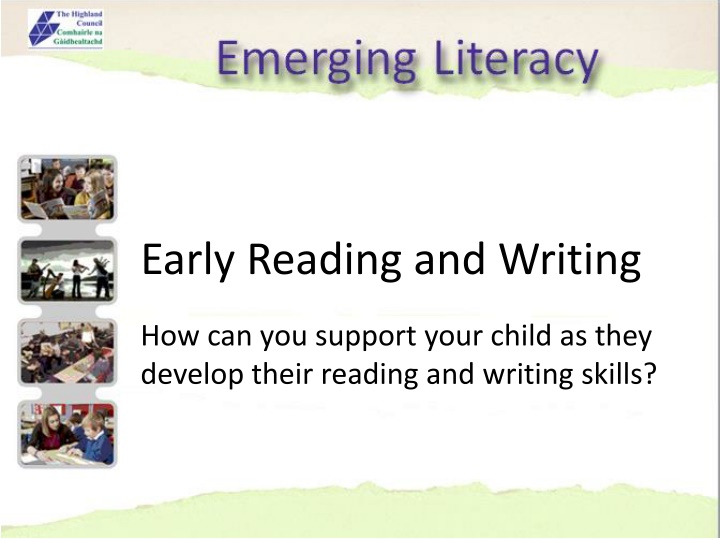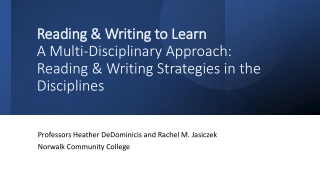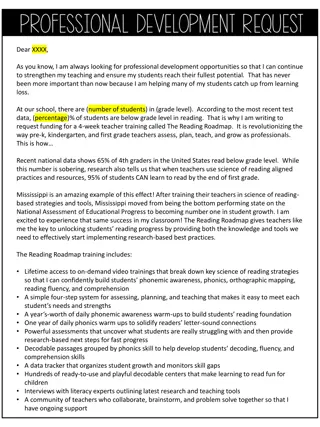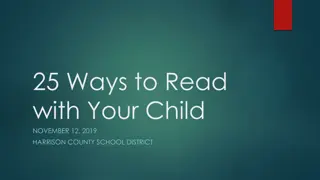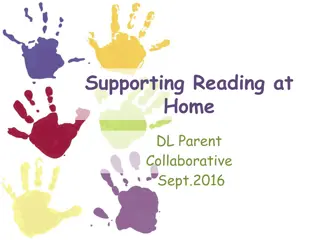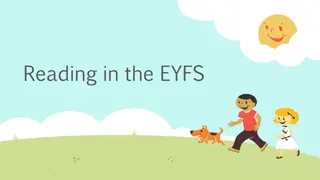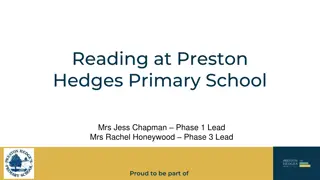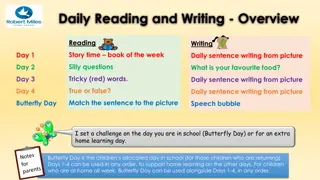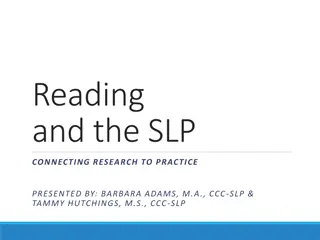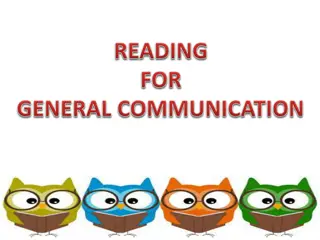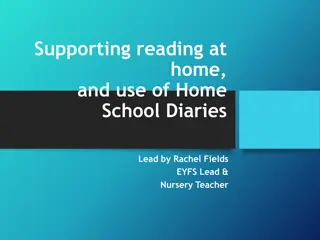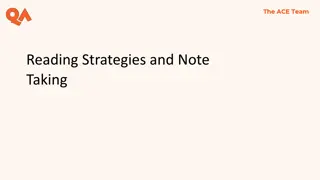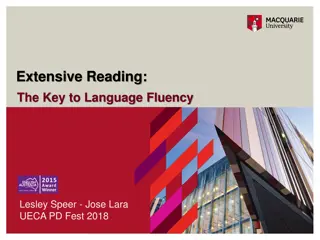Early Reading and Writing
Supporting your child's literacy development involves various elements such as phonological awareness, fine motor skills, and language proficiency. Encouraging practice and automating skills are crucial for effortless reading and writing. However, forgetting how to read can be a challenging experience. Remember the journey from learning to drive to driving effortlessly now? Similar skills apply to reading.
Download Presentation

Please find below an Image/Link to download the presentation.
The content on the website is provided AS IS for your information and personal use only. It may not be sold, licensed, or shared on other websites without obtaining consent from the author.If you encounter any issues during the download, it is possible that the publisher has removed the file from their server.
You are allowed to download the files provided on this website for personal or commercial use, subject to the condition that they are used lawfully. All files are the property of their respective owners.
The content on the website is provided AS IS for your information and personal use only. It may not be sold, licensed, or shared on other websites without obtaining consent from the author.
E N D
Presentation Transcript
Early Reading and Writing How can you support your child as they develop their reading and writing skills?
Was that an easy task? What did you have to be able to do in order to do that? Knowledge Skills Other things?
Phonological Awareness Concepts of Print Oral Fine Motor Skills Language
It is easy if: Many different skills Co-ordinated In the right order Automated
Automated? With the person next to you: If you drive, what was it like the first time you drove a car? How is that different to now?
Possible behavioural reactions Not doing it! Only trying one or two (or not so high) Just bashing on
Automated skills Takes practice for skills to become automatic Effortless Does not use capacity Room to think about other things Suppose a child has to think effortfully about: Holding a pencil Spacing, or going from left to right Where one word ends or another begins
Forgetting how to read Not as easy as it seems . . . Mo st pe ople c an rea d t h is No rdo est hisg ive ma nypr obl ems Xvxn xf yxx txkx xxt lxttxrs
Very important message: Don t read this!
What was it like at first? &%* &~# #$ *ou &~#nk %>ad#ng # >a * ANd9GcRKjsqRFDJmA9wzog_sfkvzID-EDEvHAaNugF2_9ZKX2YXOAAZ06MCH9A
ahtemiholearabtisereb steraahteevmiyamahs
ah te mihole arab tisereb steraah te ev miyamahs
Phonological Awareness Oral Language Fine Motor Skills Concepts of Print
Rhyme Little Miss Muffet, Sat on a tuffet, Eating her curds and whey, Along came a spider, And sat down beside her, Scaring Miss Muffet away Phonological Awareness
Playing with your child for ten minutes a day will support the development of your child s oral language. Oral Language
Fine Motor Skills
www.readwritecount.scot Concepts of Print
